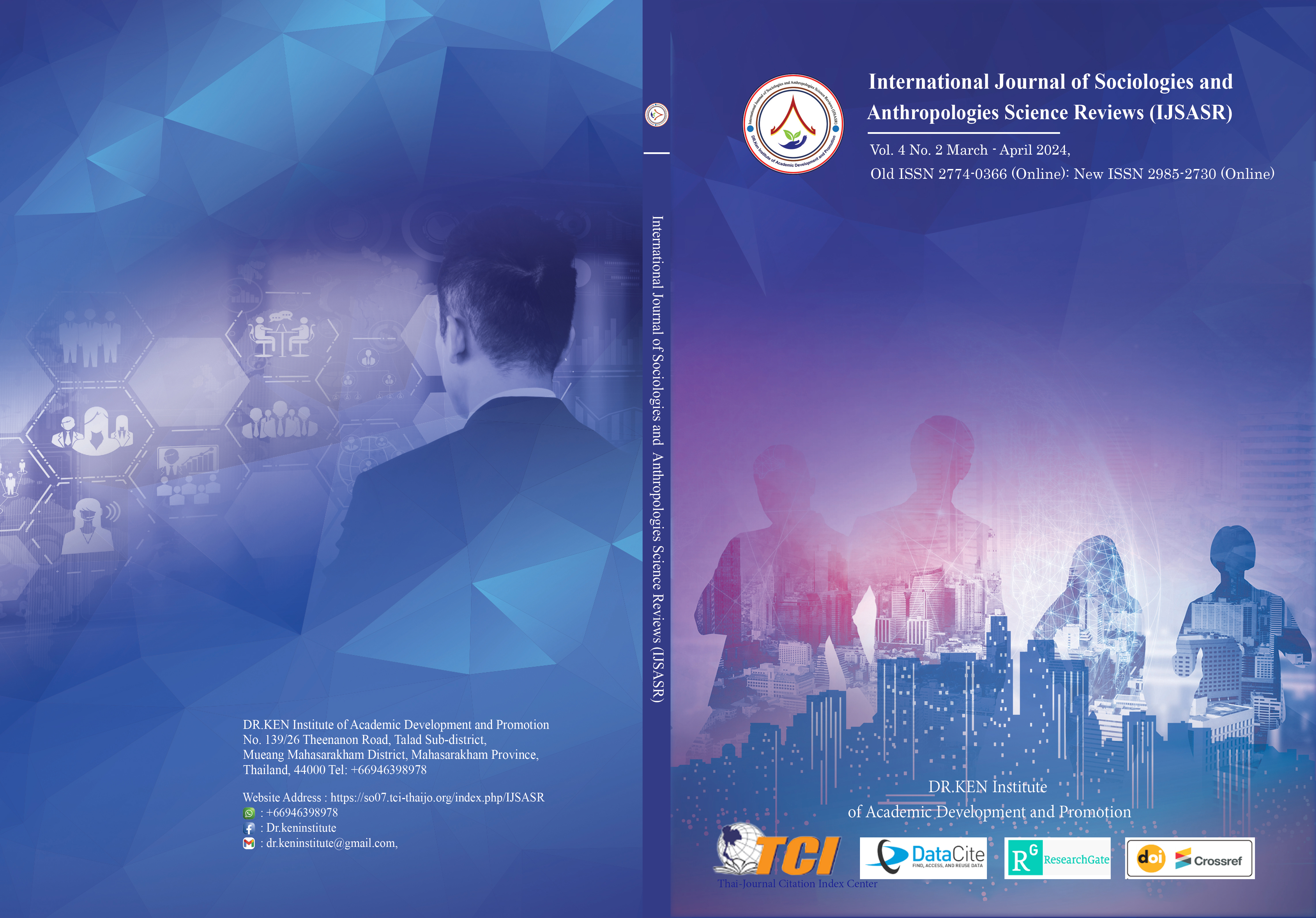A Managerial Development Model for Promoting Elite Futsal Players at University
Main Article Content
Abstract
Background and Aim: As the sports industry develops and society pursues a healthy lifestyle, sports are becoming increasingly important in higher education. Futsal, due to its relatively low requirements for field facilities, is more suitable for implementation on university campuses. However, despite the high popularity of futsal on university campuses, most universities' futsal training focuses more on popularization and entertainment, without giving enough attention to the improvement of competitive levels. The purpose of this study was to construct a managerial development model for promoting elite futsal players in university.
Materials and Methods: This study is a survey type. The population of this research includes Sampling includes 7 expert interviews. 250 elite futsal players and 20 coaches for the questionnaire method for drafting the managerial development model. 19 experts will be selected to construct the development model for elite futsal players by the Delphi consensus method. 9 experts will be used to verify the draft of the managerial development model for elite futsal players. Using questions created by the researcher that are based on the POLC theories. After analyzing the data, the researcher drafted the managerial development model. After that, send the managerial development model to experts for improvement. Complete editing in the Delphi consensus method and final confirmation with the connoisseurship method by experts.
Result: After constructing the draft of the managerial development model for developing elite futsal players in the university, it was found that there were 12 planning elements, 11 organization elements, 14 leading elements, and 8 controlling elements, totaling 45 elements. There are two elements with a mean of 4.44 “A policy has been established to promote elite athletes in universities”, and “Relevant personnel is promoted to attend training in various courses to develop the organization's knowledge in preparing a team of elite futsal athletes”, showing that these three elements are highly effective in use. The remaining elements have an average of 4.56 to 4.76, indicating that these elements are very highly effective in their application.
Conclusion: In the development of elite futsal athletes, the experts highlighted that many universities lack a clear management service system structure. This deficiency extends to areas such as budget management within the organization, the allocation of personnel appropriate to their roles and responsibilities, and the preparation of equipment and venues. Consequently, the management plan system lacks specificity. The university should clearly adhere to this policy by allocating time effectively to students. One of the key issues is the lack of communication and collaboration among personnel involved in developing futsal athletes within the university. Additionally, balancing the demands of both learning and studying is in alignment with the established educational system.
Article Details

This work is licensed under a Creative Commons Attribution-NonCommercial-NoDerivatives 4.0 International License.
Copyright on any article in the International Journal of Sociologies and Anthropologies Science Reviews is retained by the author(s) under the under the Creative Commons Attribution-NonCommercial-NoDerivatives 4.0 International License. Permission to use text, content, images, etc. of publication. Any user to read, download, copy, distribute, print, search, or link to the full texts of articles, crawl them for indexing, pass them as data to software, or use them for any other lawful purpose. But do not use it for commercial use or with the intent to benefit any business.

References
Barbero-Alvarez, J.C., Soto, V.M., Barbero-Alvarez, V., and Granda-Vera, J. (2008). Match analysis and heart rate of futsal players during competition. J. Sports Sci. 26, 63–73. doi: 10.1080/02640410701287289
Lago-Fuentes, C., Jimenez-Loaisa, A., Padron-Cabo, A., Fernandez-Villarino, M., Mecias-Calvo, M., Travassos, B., et al. (2020). Monitoring workloads of a professional female futsal team over a season: a case study. Sports. 8, 69. doi: 10.3390/sports8050069
Leite, W.S.S. (2012). Analysis of the offensive process of the Portuguese futsal team. Pamukkale Journal of Sport Sciences, 3(3), 78-89.
Li, N. (2022). Exploration and Analysis of the Training of Applied Talents of Futsal Skills at Hengshui University. Contemporary Sports Technology. Hengshui University Physical Education College
Liang, H. (2006). Analysis of the Present Situation and Development Countermeasures of Futsal in Shanghai. Master's Dissertation. Shanghai: East China Normal University.
Liu, H., & Zhou, R. (2010). Analysis of Factors Restricting the Development of Futsal in Ordinary Colleges and Universities in Wuhan. Business Managers, 2, 42-46.
Lu, X. (2007). Research on the promotion of futsal matches. Science and Education Wenhui.
Polidoro, L., Bianchi, F., Di Tore, P., Alfredo, & Raiola, G. (2013). Futsal training by video analysis. Journal of Human Sport & Exercise, 8(2), S290-S296.
Seaman, C. (2001). Brazilian Football Training Method. Human Body Publishing House.
Sun, Q. (2023). Research on the impact of campus futsal on students' physical health and improvement strategies. Contemporary Sports Technology. School of Sports and Health Management, Changzhou Engineering Vocational and Technical College.
Tan, H. (2003). Research on Futsal Matches in Colleges and Universities. Liaoning Sports Science and Technology, 25(3), 51-52.
Travassos, B., Araújo, D., Davids, K., Esteves, P.T., & Fernandes, O. (2012). Improving passing actions in team sports by developing interpersonal interactions between players. International Journal of Sports Science & Coaching, 7(4), 677- 688.
Wang, M. (2004). Guide to Futsal Techniques and Tactics. Beijing: Beijing Sport University Press.
Yang, J. (2001). Futsal Football. Chinese School Sports, 6, 38-40.
Zhai, Y. (2023). Speed-based Strength Training and Its Effects in Futsal. Sports Science and Technology Literature Bulletin. Physical Education Department of Nanjing University of Aeronautics and Astronautics.
Zhong, W. (2008). Investigation and analysis of the current situation of futsal players in Chinese college students. Journal of Jiaying University, 6(2), 27-30.
Zhu, Z. (2008). Investigation of the Current Situation and Development Countermeasures of Futsal in Colleges and Universities in Fujian Province. Master’s Dissertation, Fujian: Fujian Normal University.
Zoommartd, R. (2022). The Management Model for Competency Development In The 21st Century According To Iddhipāda For Secondary School Students In Nakhon Sawan Province. Dissertation of Doctor of Education (Buddhist Educational Administration): Mahachulalongkornrajavidyalaya University






